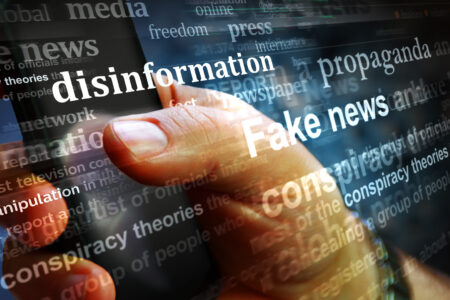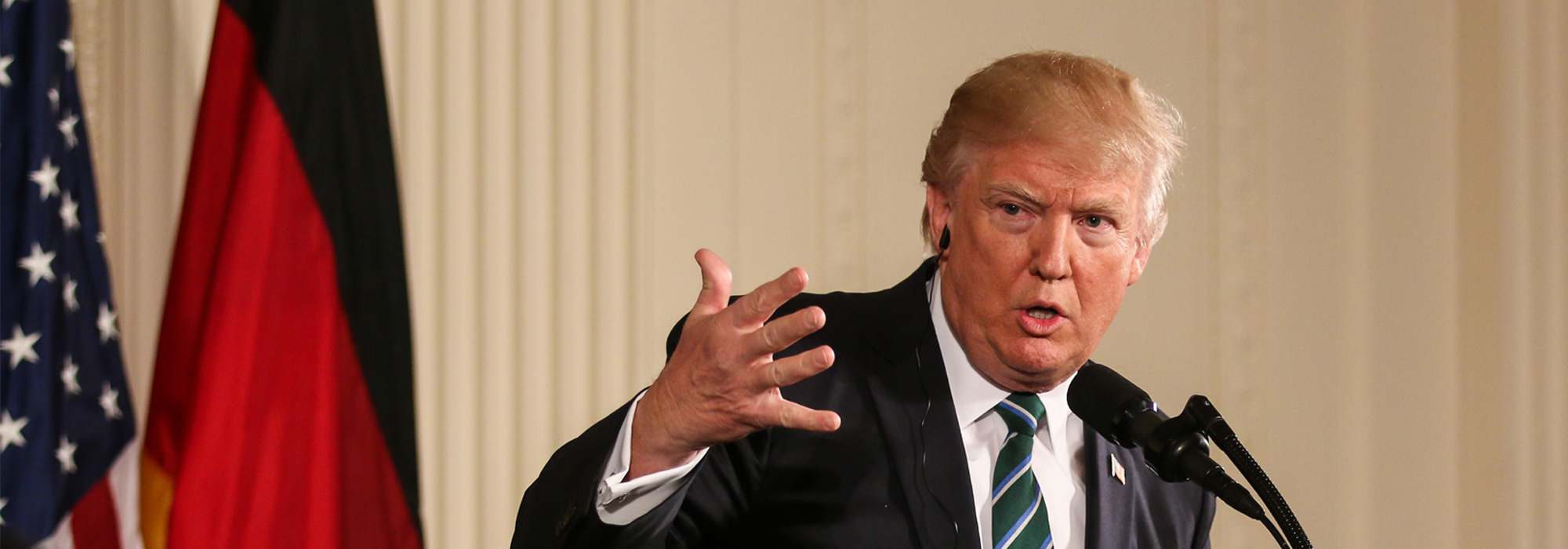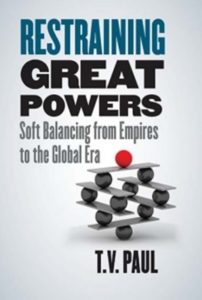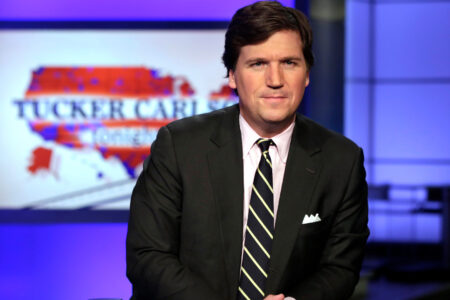
Donald Trump’s America has emerged as a major challenger to the rules-based international order. By recklessly attacking international institutions and trading agreements and pursuing a unilateralist approach to collective action problems, Trump is making it clear to allies and adversaries that he is not bound by the liberal order and its norms. Countries affected by his actions, including Canada, face a conundrum caused partly by the maverick style and unpredictability of the President and his team. Retaliating in kind is difficult: most countries are too weak to impose similar diktats. The best they can hope for is that the Trump regime will end and Washington’s policies will return to normal.
What are the options for allies and adversaries of the US in these uncertain times? It is unlikely that counteracting military and economic alliances will be formed, as the US is still viewed as a necessary pacifying force in Europe and the Asia-Pacific and a crucial economic partner. Canada in particular is vulnerable, as the US is our largest trading partner, commanding some 70 percent of our foreign trade. The retaliatory tariffs may have an impact on some American states, but on their own they are unlikely to dissuade the Trump team, which seems willing to upset established trading relationships in its quest to re-establish the dominance of the US globally.
The Trump administration’s disregard for international institutions and trading arrangements has raised questions about states using institutional forums such as the United Nations, the G7, NATO and the Association of Southeast Asian Nations (ASEAN) for restraining American policies. In my forthcoming book, Restraining Great Powers: Soft Balancing from Empires to the Global Era, I argue that international institutions, limited strategic partnerships and economic sanctions can, if used carefully, have a long-term impact on US policies because they affect the American electorate’s calculations of their country’s reputation and status. I define “soft balancing” as restraining the power or aggressive policies of a state through international institutions; engaging in concerted diplomacy through limited, informal ententes; and imposing economic sanctions to make that state’s actions less legitimate in the eyes of the world, hence making it more difficult for it to obtain its strategic goals.
In the long run, soft balancing holds much more promise than any other approach in the contemporary globalized world order. An example is the strategy that some allies such as Germany and France, and adversaries such as China and Russia, employed in response to President George Bush’s decision to invade Iraq in 2003. These states actively opposed US resolutions and refused to give UN Security Council approval for the US military action. Canada also refused to join in the invasion. This collective opposition reduced the legitimacy of the US offensive and made the intervention unjust in the eyes of many, even among traditional allies. Despite the initial victory in toppling Saddam Hussein’s regime, the US ended up waging a bloody, protracted conflict that exacerbated Iraq’s bitter ethnic divisions.
The soft-balancing efforts in response to the invasion of Iraq, especially by the allies of the US, eroded support for the Bush administration and may have contributed to the election of Barack Obama, who promised to withdraw American troops. His key argument was that withdrawal was a necessary step to reclaiming his country’s reputation and its global leadership role.
In the short term, soft balancing by important allies and adversaries may have limited results with the current US administration, in part because the Trump team has little respect for international institutions — the main arena where soft balancing takes place. But if a strong challenge to Trump emerges in 2020 — someone who can show how unpopular America has become and make Americans want their country to re-establish its institutional leadership — there is a good chance that the US will return to the liberal order that it has maintained for over seven decades.
While some institutional venues have been weakened by Trump’s actions, they could still be effective. The UN Security Council could delegitimize any future US military attack against Iran over the nuclear issue. The World Trade Organization could be another venue for nations to use as a restraining institution against trade wars, despite Trump’s threat to withdraw from it. Current challenges to the European Union and NAFTA may reinvigorate these institutions. As well, nations like Canada and Mexico could form bilateral partnerships. Other possibly useful organizations for soft balancing purposes are the G7, the G20, the BRICS group (Brazil, Russia, India, China and South Africa) and ASEAN, especially the ASEAN Regional Forum.
American legitimacy and credibility were hurt by Trump’s performance at the G7 meeting in Charlevoix in June 2018. Trump arrived late and left early, suggested readmitting Russia into the G7, withdrew his support for the final communiqué and harshly criticized Prime Minister Justin Trudeau. Liberal-leaning US media and many world media lambasted the President, possibly creating awareness among some Americans of the downside of high-handed behaviour in diplomatic forums.
Allies must continue to strike at the US through institutional means and forge counter-coalitions and free trade pacts (like the one Japan and the EU signed in July 2018). We must show America that it will lose in a big way, economically and in terms of its reputation, if it continues to pursue its unilateralist policies. Fortunately, the liberal-leaning US media are working hard to discredit Trump and his nativist agenda.
It is likely that the next presidential election will hurt the Republicans, and that the institutional restraints I have described will ultimately succeed in changing US policies. Nevertheless, the damage Trump has inflicted may have a debilitating effect on the global order in the short term. If the Mueller investigation damages Trump even further, US-only nativist groups will suffer a major setback and the institutional order will be rejuvenated, both in the US and internationally.
The liberal order is not dead. In the past it has successfully faced severe internal and external challenges, and it is likely to emerge even stronger. Even if this is the eventual outcome, liberal leaders must address the class divisions and economic inequalities that globalization has produced, especially in the US, but also in other countries in Europe as well as newly liberalizing states like India. Liberal initiatives like the creation of the welfare state and Lyndon Johnson’s Great Society happened despite enormous opposition and challenges from antiliberal forces.
The current turbulence caused by trade disputes may continue for some time. In order to maintain international order and global prosperity, it will be essential to restore multilateral institutions, legal norms and principles. To prevent political conflicts, within and among nations, from becoming violent, states must resort to institutional rather than military solutions.
Photo: Shutterstock, by Nicole S Glass.
Do you have something to say about the article you just read? Be part of the Policy Options discussion, and send in your own submission. Here is a link on how to do it. | Souhaitez-vous réagir à cet article ? Joignez-vous aux débats d’Options politiques et soumettez-nous votre texte en suivant ces directives.










